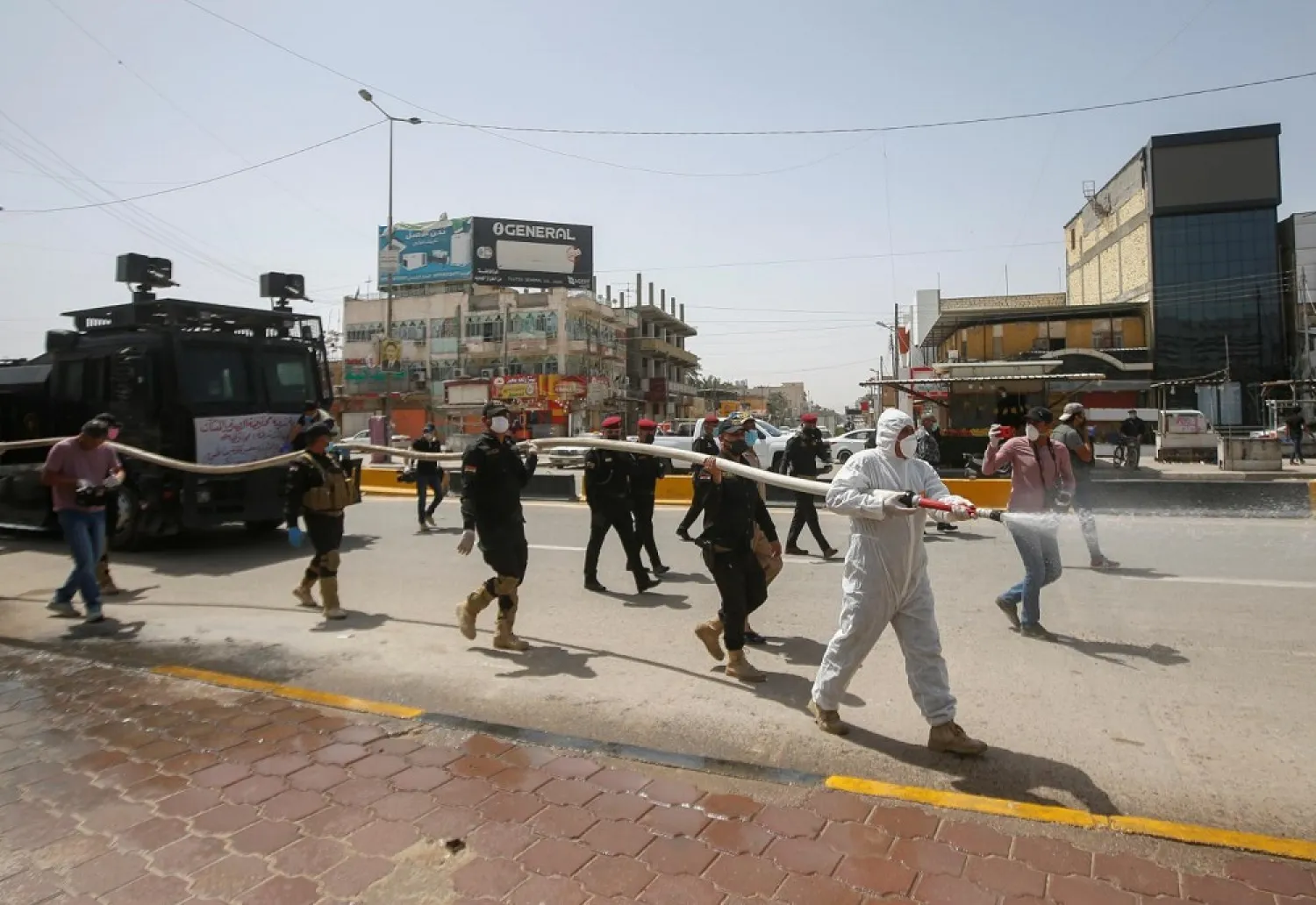Iraq will impose a complete lockdown on some areas of the capital, the country's new health minister said on Monday, amid an uptick in coronavirus cases in recent weeks since curfew hours were relaxed.
The new government under Prime Minister Mustafa al-Kadhimi was sworn into power just two weeks ago following a five-month leadership vacuum. Responding to the pandemic and a severe economic crisis brought on by falling oil prices is foremost on its agenda.
Areas of Baghdad believed to play a role in spreading the virus will face a full lockdown as of Wednesday for a period of two weeks, Health Minister Hassan al-Tamimi said in a statement.
The areas lie in Baghdad's peripheries and are mostly impoverished and over-crowded. They include Sadr City, Habibia, Hurriya, Shula, Ameria, and Kamalia.
Al-Tamimi said in the statement the measures were taken in view of the rising number of cases in recent weeks and to stem the spread of the virus, according to the statement.
At least 123 people have died among 3,404 confirmed cases of coronavirus in Iraq, according to Health Ministry statistics.
The number of confirmed cases per day has risen since curfew hours were relaxed during the holy month of Ramadan from 5 pm to 5 am. On Sunday, for example, 144 cases were recorded. Before curfew hours were relaxed, only between 22-30 new infections were being reported daily.
Morocco, meanwhile, will extend its national lockdown to contain the spread of the coronavirus until June 10, Prime Minister Saad Dine El Otmani said on Monday.
The country had confirmed 6,930 coronavirus cases, including 192 deaths, by Monday morning, as the rise of hotspots within families and factories complicates efforts to curb infections.









